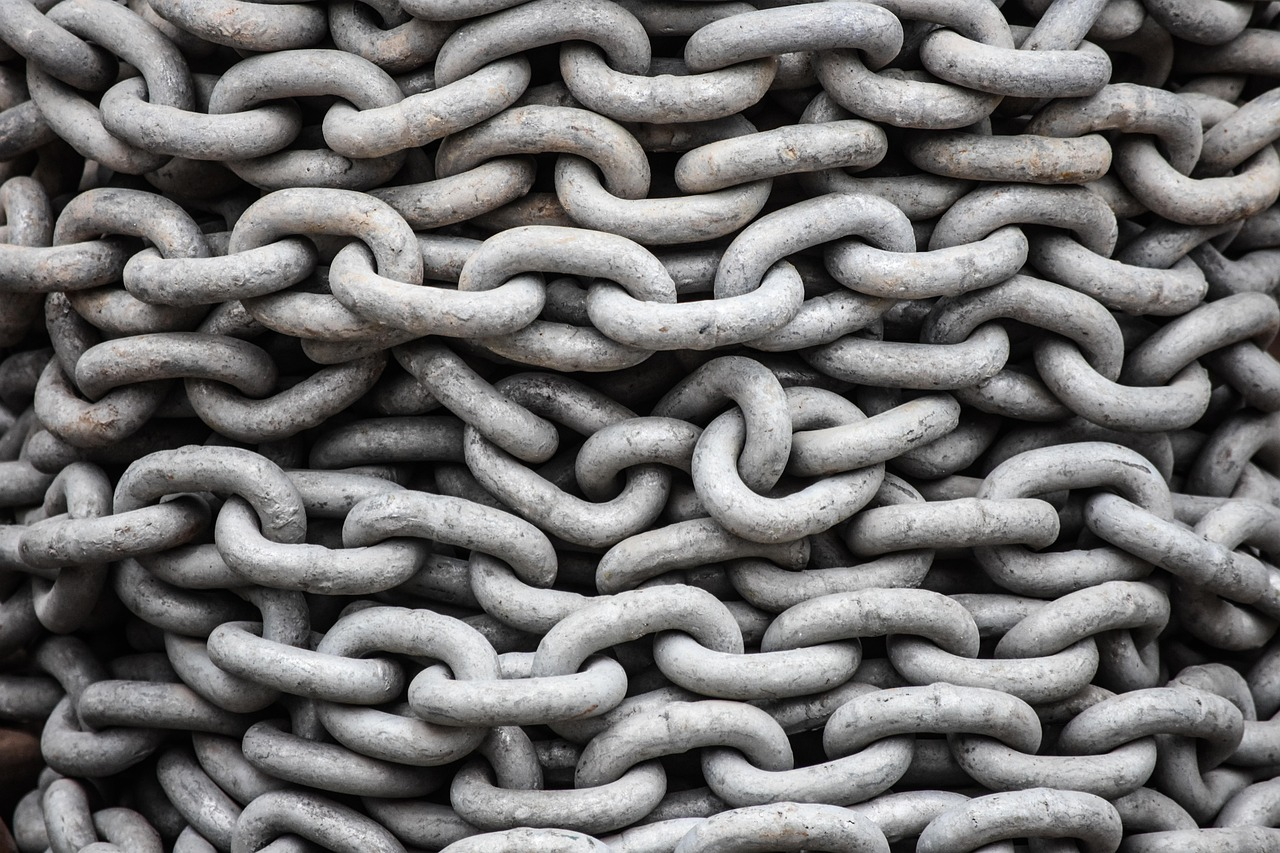
https://pixabay.com/photos/necklace-steel-switch-metal-iron-3198798/
One day, Luisa goes to her local café and orders her favorite drink. When she goes to pay, she notices that it is a little more expensive. Nothing special, just a few cents. She shrugs her shoulders, and since she likes the drink, she pays and says nothing. The following month, when she returns to the local café and orders her favorite drink, she notices that when she pays, the drink is 2 cents more expensive again. For just those two cents, she certainly isn't going to comment to the café owner or stop drinking her favorite drink on weekends. She shrugs her shoulders and pays for her drink when she leaves, without thinking it's important. The following month it happens again, and since it's only a two-cent difference, she shrugs her shoulders again and pays without saying anything. It happens again and again, until now, Luisa can't remember when her coffee became so expensive.
This is called creeping normality. It is when something harmful comes slowly, gradually, and each step is felt to be harmless.
Jared Diamond, in his book entitled “[Collapse](https://en.wikipedia.org/wiki/Collapse:_How_Societies_Choose_to_Fail_or_Succeed),” argues that all civilizations ignored structural catastrophes because their decline happened gradually rather than suddenly.
The philosopher Karl Popper observed that the same thing happened in politics, where certain freedoms are removed. Small laws are passed one at a time, and when these small changes seem less important and not worth contesting, they end up being approved and accepted by society. One day, the set of laws passed is noticed, but at that point, it is not enough to change just one law; the entire system will have to be changed.
Politics and human history are not the only areas of our lives where we see this phenomenon. It is also present in our modern, everyday lives.
When people join a particular social network with the desire to stay in touch with friends, they are asked to share an email address to open an account in order to access that network. This is perfectly normal. But then they may ask for a name, and sometimes they start asking you to share your location and personal preferences. Beyond that, we also start providing important data about our political preferences... Or our beliefs. In no time at all, we are already posting photos of our faces, the activities we participate in, or group photos... Many even end up posting photos of their own children. And one day you realize that you have given access to a significant part of your private life, but you can't quite remember when you agreed to do so.
The trick of creeping normality is to hide the critical points. None of the small, gradual concessions that have been made seem, individually, to be worth contesting, until, link by link, the chain is made... it is assembled.
The worst chains are not those that are thrown at us, but those that gradually appear and build up, with us ourselves joining the links. They are the ones that emerge while you are looking at or observing something else, or while you are doing something else.
> ##### And before you know it, you can't move.

---
Free image from [Pixabay.com](https://pixabay.com/)

Creeping normality
@xrayman
· 2025-09-10 08:21
· Reflections
#reflect
#proofofbrain
#philosophy
#personalgrowth
#thought
#blog
Payout: 1.775 HBD
Votes: 34
More interactions (upvote, reblog, reply) coming soon.